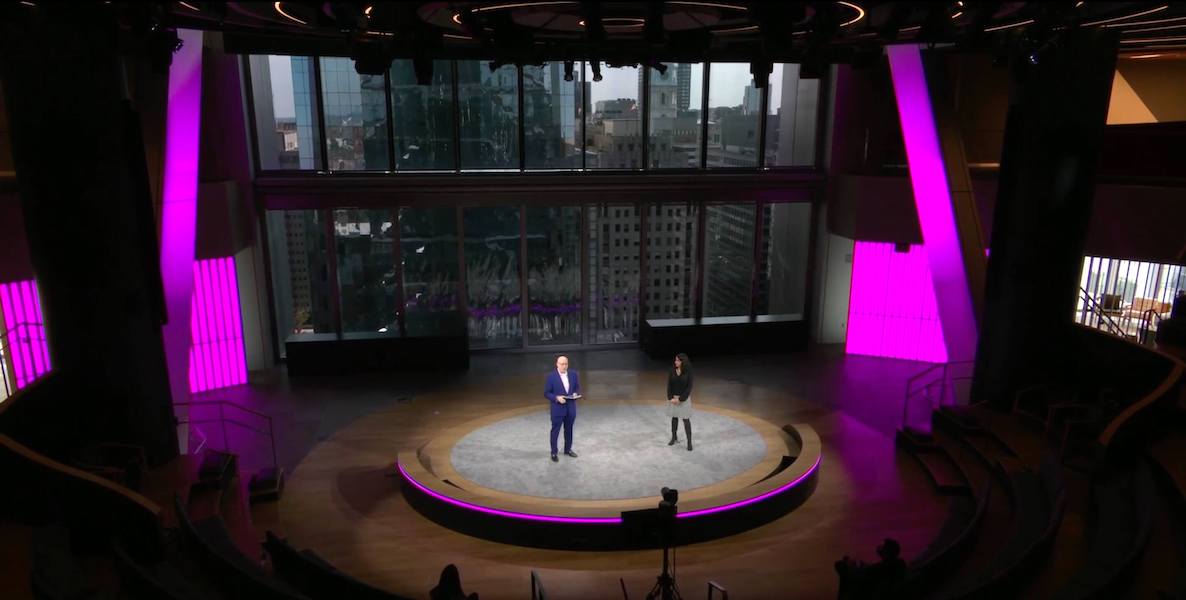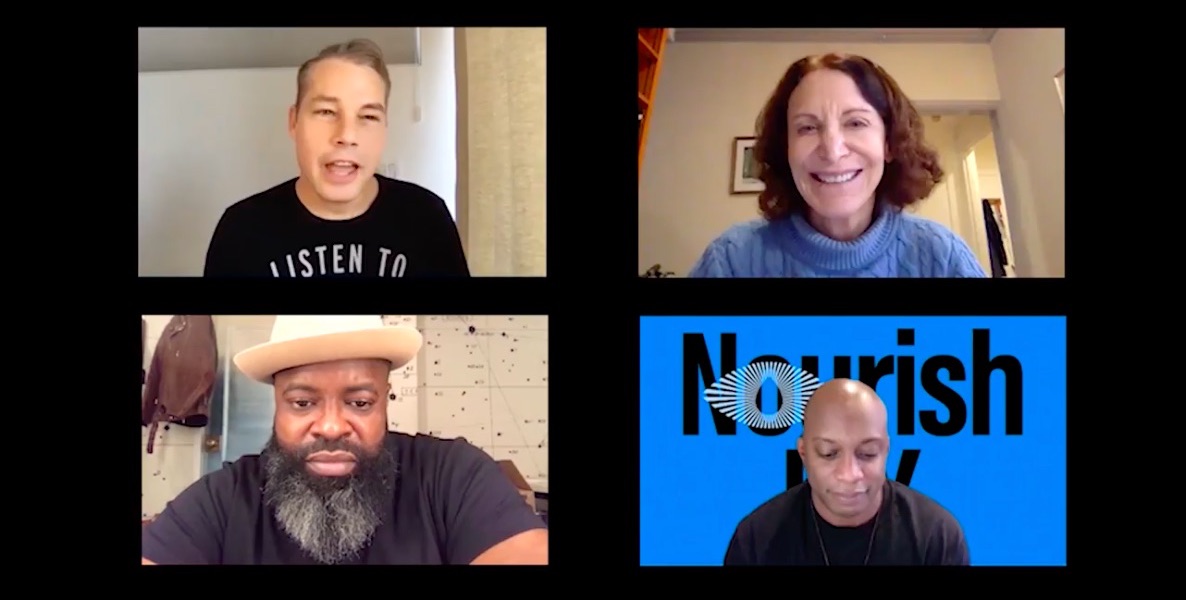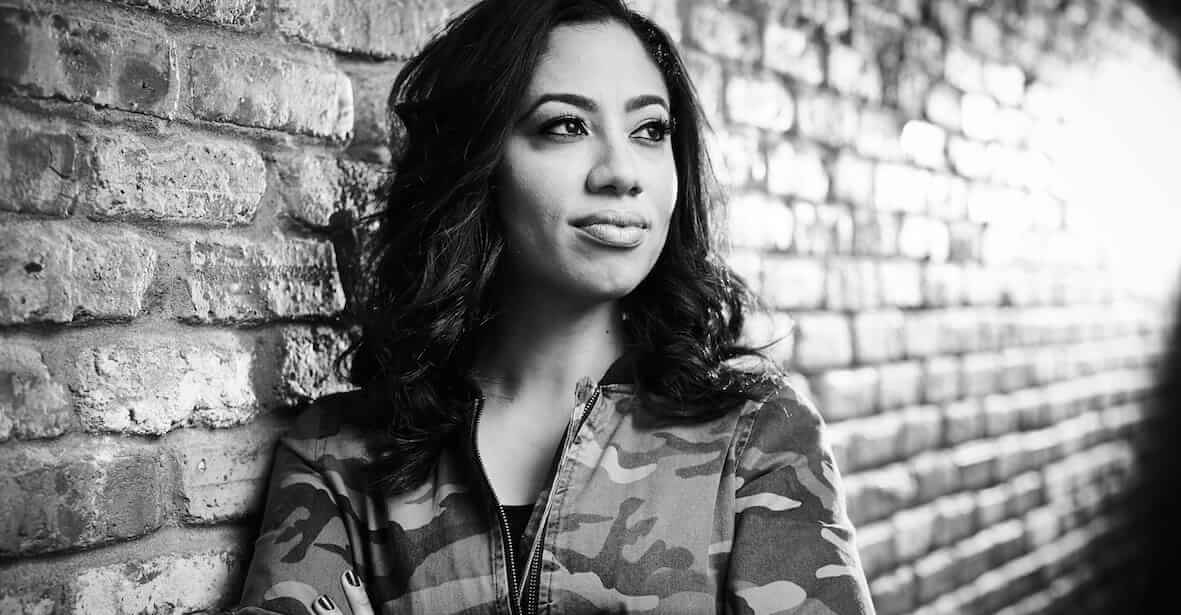Think about your favorite high school teacher, or maybe it was your principal or counselor—the adult at school who kept it real; saw you as a person, and not just a student; inspired you to be better.
That’s Liz Dozier, former high school principal and founder and CEO of Chicago Beyond, who’s been tirelessly filling that role for Chicago’s most underserved youth.
You can see for yourself in this promo for Chicagoland, the CNN TV series that made Dozier an education celebrity while working as the principal for Fenger High School in the West Roseland neighborhood of South Chicago.
When Dozier was hired in 2009, the dropout rate was nearly 20 percent and there were an average of 300 arrests in the school during her first year. “The climate in the school was just absolutely abysmal,” Dozier told CNN in 2014. There were massive gang fights in the hallways and, at one point, the school needed two districts’ worth of police officers in the school in order to safely change classes (Dozier explained earlier this year why police officers do not belong in schools—and how they should be replaced).
During Dozier’s six years at the school, Fenger experienced a decrease in its dropout rate from 19 to two percent; a 40 percent increase in freshmen on-track to graduate; and double-digit increases in attendance and the school’s graduation rate.
Dozier and her team had a four-year, $6 million federal School Improvement Grant to change the culture at Fenger. So they set to work trying to figure out what was going on with the students. And what they found was not “mean kids” or “bad kids” but kids who had experienced immense trauma. The question changed from What’s wrong with these students? To What has happened to them and how can we help them heal?
In changing their assumptions and how they framed the issue, they were able to find solutions that actually worked.
They decreased class sizes; created after-school mentorship and (fringe, at the time) restorative justice programs; provided anger-management training; and partnered with local organizations to expose students to broader experiences outside of their neighborhoods.
During Dozier’s six years at the school, Fenger experienced a decrease in its dropout rate from 19 to two percent; a 40 percent increase in freshmen on-track to graduate; and double-digit increases in attendance and the school’s graduation rate.
Dozier knew Fenger was just one of many schools like it across the city, and she wanted to impact those students, too. In 2016, after leaving Fenger, she founded Chicago Beyond to invest in organizations, individuals and research working to change the lives of young people in Chicago.
They’ve raised, from philanthropists like Mark and Kimbra Walters, and invested about $40 million to date. They do it holistically—because it’s not just schools and teachers that determine a child’s ability to realize their potential: Chicago Beyond invests in youth health, safety and access to the arts and family well-being—and in research (while disrupting the way research is typically conducted) to figure out what works, and what could work better.
The organizations they invest in include Healing Hurt People Chicago, a hospital-based youth violence intervention program that provides support during the pivotal period when victims of violence are recovering—and often thinking about changing their way of life, or retaliating; The Dovetail Project, a mentorship, employment and education program that helps Black and Latino fathers become more confident and engaged parents and community members; and Storycatchers Theater’s Changing Voices program, which employs returning young people to write their lived stories—including their traumatic experiences—and perform them as musical theater, facilitate discussions and gaining skills for future employment along the way.
“There are thousands of innovators in Chicago working to use their skills and spirit to fundamentally shift the city’s landscape to benefit Black and brown youth—yet they are rarely given the space and platform required to bring their uncompromised ideas fully to life,” Dozier said
Chicago Beyond also works on a systemic level—they created a blueprint for trauma-informed care for Chicago Public Schools, for example—and with individuals.
Earlier this year, Chicago Beyond launched The Collective, an investment program to support community leaders already doing the work, and to give it a boost.
“There are thousands of innovators in Chicago working to use their skills and spirit to fundamentally shift the city’s landscape to benefit Black and brown youth—yet they are rarely given the space and platform required to bring their uncompromised ideas fully to life,” Dozier said in a press release.
The members—including Tanya Lozano, founder of Healthy Hood Chicago, and Britney Robbins, founder of The Gray Matter Experience—have access to a free work space, the opportunity to build with fellow innovators and mentorship to propel their ideas forward.
Which is a through-line in all of Chicago Beyond’s work; it’s not just about capital investment, it’s about supporting the organization with resources and mentorship. Because once they’ve gone through the process of identifying the programs that work, they want to help them become as strong as they can be and impact as many young people as possible.
Join us to hear from Dozier at our Ideas We Should Steal Festival. She’ll be interviewed by Comcast’s new executive vice president and chief diversity officer and president of the Comcast NBCUniversal Foundation Dalila Wilson-Scott on December 15.
Tickets are available here. And check out the rest of the lineup of speakers and thought leaders here.







